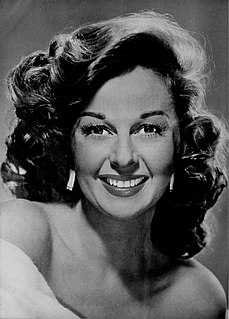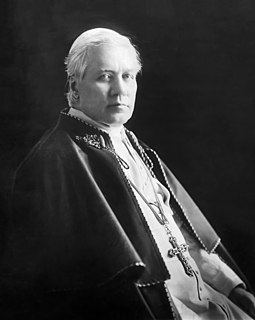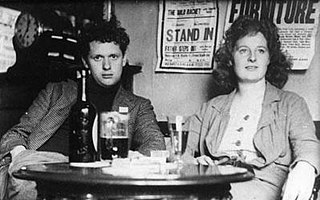A Quote by Mario Vargas Llosa
Once upon a time, there was a boy who learned to read at the age of 5. This changed his life. Owing to the adventure tales he read, he discovered a way to escape from the poor house, the poor country, and the poor reality in which he lived.
Related Quotes
I learned at a very early age that life is a battle. My family was poor, my neighborhood was poor. The only way that I could get away from the awfulness of life, at that time, was at the movies. There I decided that my big aim was to make money. And it was there that I became a very determined woman.
America is the wealthiest nation on Earth, but its people are mainly poor, and poor Americans are urged to hate themselves... It is in fact a crime for an American to be poor, even though America is a nation of poor. Every other nation has folk traditions of men who were poor but extremely wise and virtuous, and therefore more estimable than anyone with power and gold. No such tales are told by American poor. They mock themselves and glorify their betters.
We forgot that Martin Luther King, Jr. changed his discourse toward the end of his life because he understood that the real fundamental problem of this country was not just race, it was class. It was the economical situation of not only poor blacks but also the poor white part of the population and everything in between.
When you live in a poor neighborhood, you are living in an area where you have poor schools. When you have poor schools, you have poor teachers. When you have poor teachers, you get a poor education. When you get a poor education, you can only work in a poor-paying job. And that poor-paying job enables you to live again in a poor neighborhood. So, it's a very vicious cycle.
It is easy to say that there are the rich and the poor, and so something should be done. But in history, there are always the rich and the poor. If the poor were not as poor, we would still call them the poor. I mean, whoever has less can be called the poor. You will always have the 10% that have less and the 10% that have the most.
As a reporter, you know the tropes of how stories on poverty work in any country. A reporter will go to an NGO and say, "Tell me about the good work that you're doing and introduce me to the poor people who represent the kind of help you give." It serves to streamline the storytelling, but it gives you a lopsided cosmos in which almost every poor person you read about is involved with a NGO helping him. Our understanding of poverty and how people escape from poverty, in any country, is quite distorted.







































